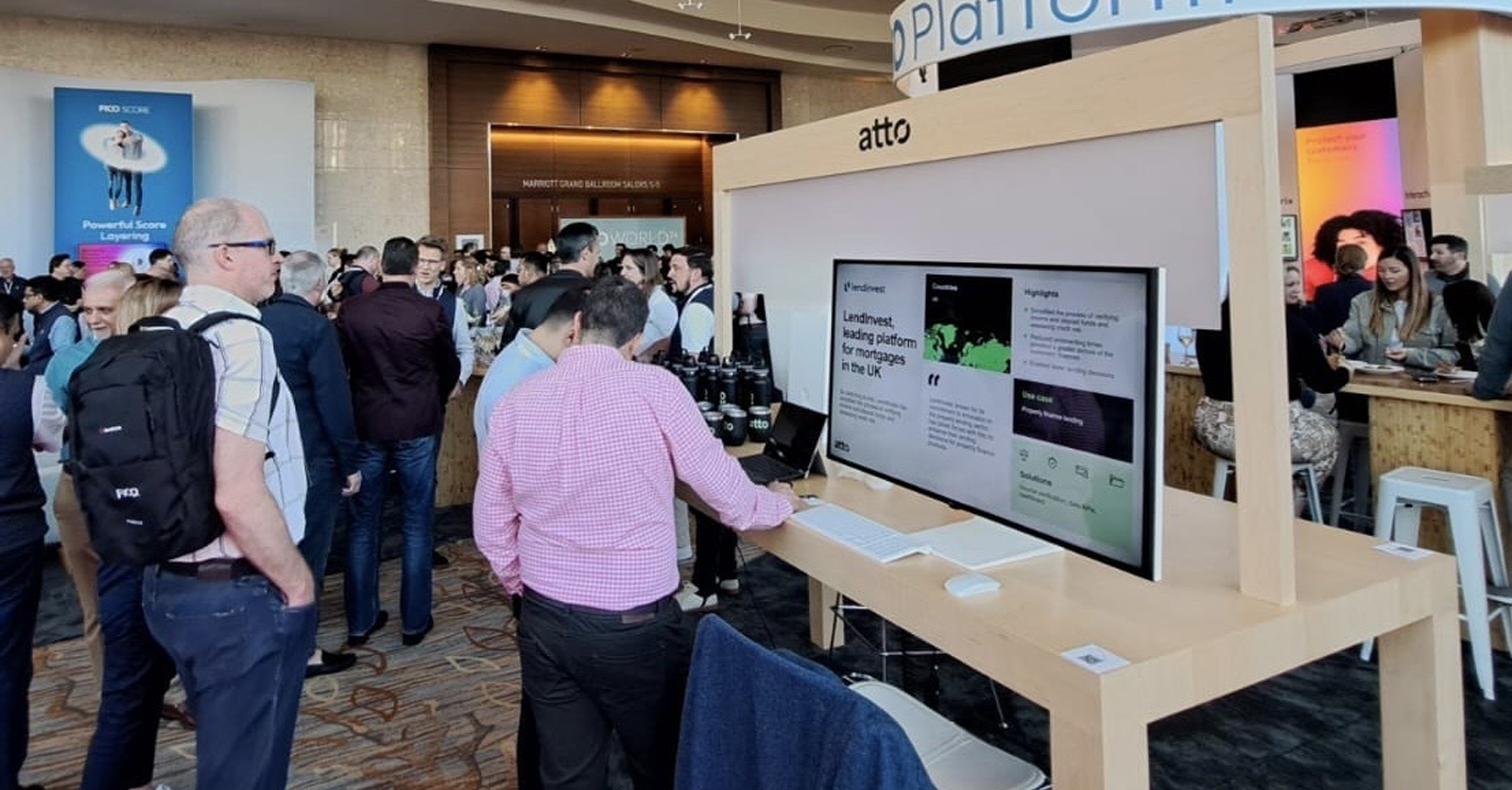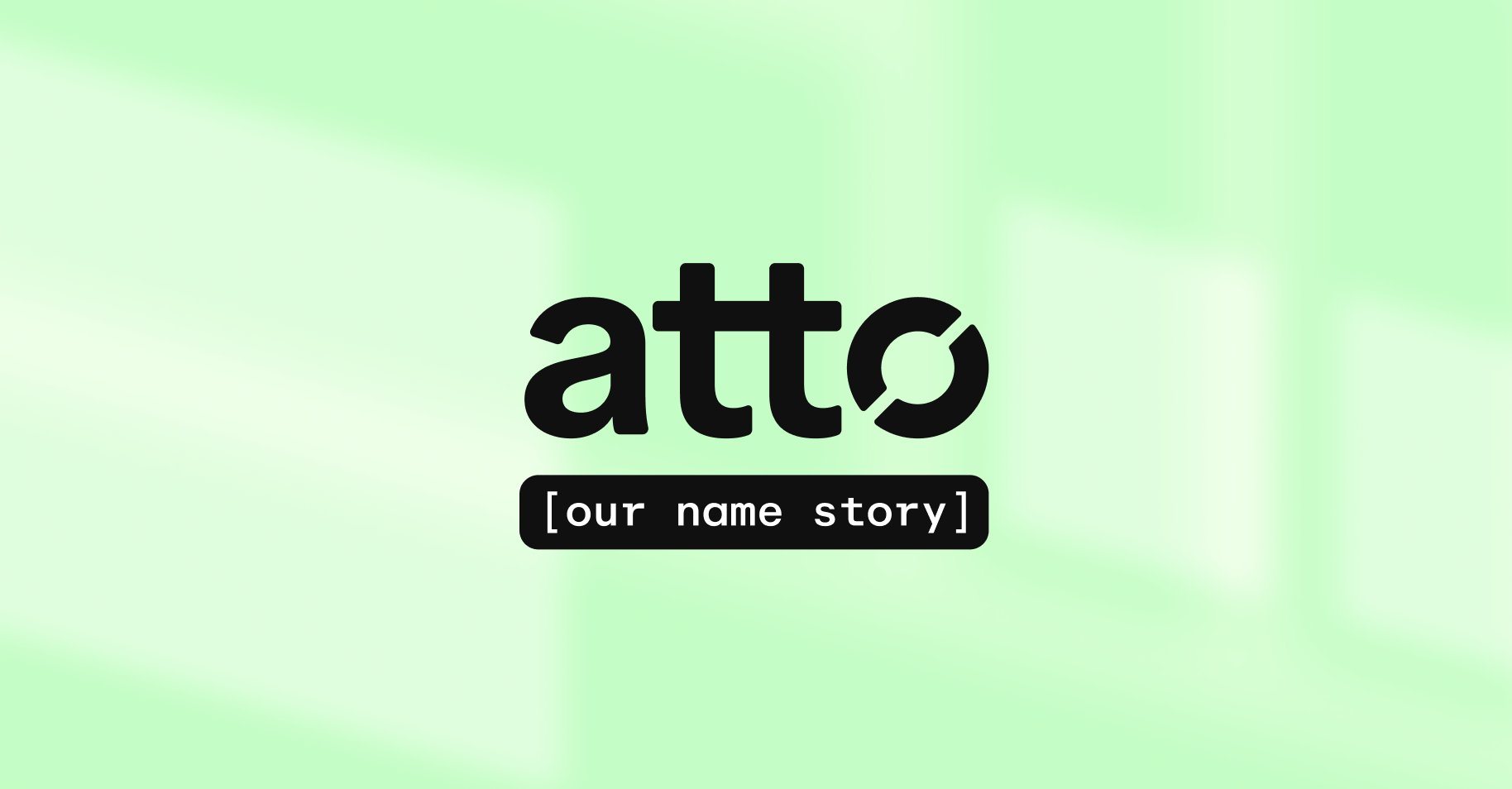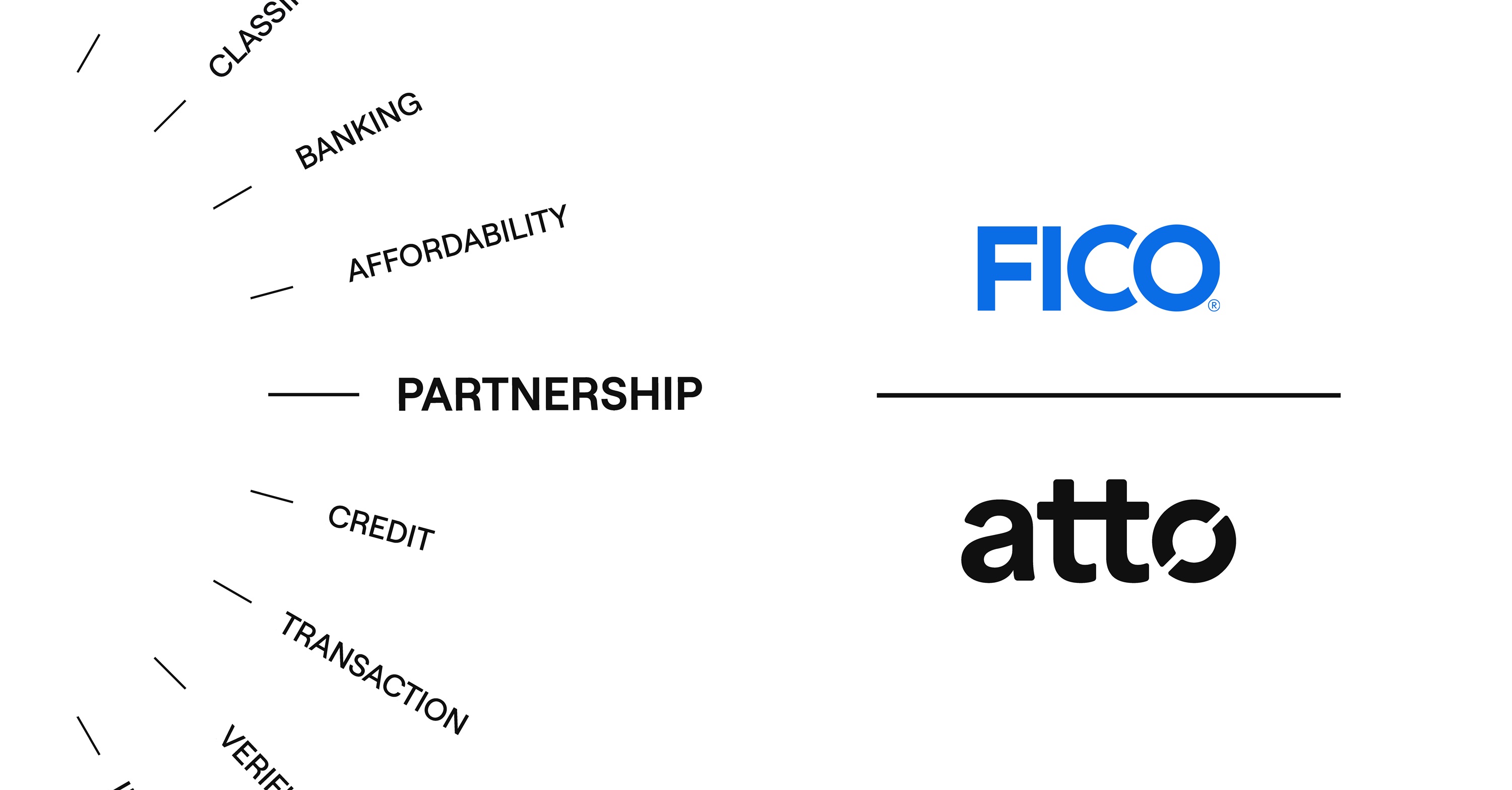Introduction
The mortgage industry stands on the brink of unprecedented change: a fast-tracked process that redefines how individuals secure their dream homes. At the heart of this paradigm shift lies the insights unlocked through 'open banking'.
Despite the mortgage system's roots tracing back two centuries, some of the historical challenges have remained. From Halifax's pioneering mortgage grant to Esau Hanson in 1853 to Nationwide's captivating tale of Alfred Idle, the market has evolved while retaining its core complexities. Even today, applicants navigate a labyrinth of documentation, meetings, and stringent criteria reminiscent of bygone eras.
Persistent hurdles on the mortgage journey
The journey towards homeownership remains riddled with personal obstacles: thin credit files, limited salary, credit history issues and more. The application process demands an "autobiographical level of detail", this causes delays and frustration for both applicants and lenders alike.
From "dead pledge" to "live pledge"
The term "mortgage" (derived from the French 'mort gage' or "dead pledge") historically symbolised the inability of borrowers to leverage property value for loan repayment. But now we stand at the cusp of a transition to a 'live pledge' model, propelled by the technology introduced through open banking.
Open banking meets the UK mortgage
The pursuit of a mortgage in minutes is more than a lofty goal; it's a strategic imperative for lenders. The quest for speed is rooted in the understanding that time is a precious commodity for both applicants and mortgage providers. By trimming the traditionally lengthy application timeline, lenders aim to create an efficient, customer-centric experience that aligns with the pace of the modern world.
The integration of insights based on transaction data becomes pivotal in realising this vision. Through secure APIs, lenders can access real-time, categorised transactions from their applicants, allowing for a deeper understanding of their financial profiles. The ability to craft bespoke mortgage deals tailored to individual financial profiles is heightened, ensuring optimal value for both borrowers and lenders.
Categorisation
In the mortgage underwriting world, categorisation is a key element for lenders. Operating on the backbone of machine learning, it meticulously scrutinises and categorises an applicant's financial transactions, giving underwriters essential insights into spending behaviours. Granular analysis ensures precision and transparency in evaluating an individual's financial health. This offers lenders a real-time understanding of disposable income, spending patterns, and overall financial behaviour.
Beyond historical data, categorisation becomes a predictive foundation, helping lenders identify critical aspects such as gambling or loan stacking—key markers of potential financial distress. By doing so, categorisation becomes crucial for lenders, aiding in the assessment of future risks associated with their customers.
Predictive models are only as powerful as their data, so accurate categorisation is essential in this process - ensuring a reliable foundation for decision-making. Configurable categories also adds an extra layer of adaptability, allowing lenders to tailor their assessments to unique scenarios, enhancing the precision of risk evaluation.
Why providers are using transaction insights in the mortgage application process
1. Swift vetting with transactional data
Open banking empowers lenders to access customer information in mere seconds, accessing insights to filter out those not ready for a mortgage, saving invaluable time and resources.
2. Bespoke deals
Beyond merely matching customers to existing offers, transactional data enables lenders to craft bespoke deals that align precisely with individual financial profiles, ensuring optimal value for both parties.
3. Automation
Renowned for its time-consuming nature, the traditional mortgage process can be streamlined to minutes through the use of a digital account connection process. Customers benefit from expedited processes and lenders can bill for mortgages much sooner.
4. Streamlined documentation
Documentation collation, a significant bottleneck in the traditional mortgage journey, is replaced by secure and relevant bank data. This not only expedites the process but ensures compliance with anti-money laundering (AML) and know your customer (KYC) regulations.
5. Human involvement minimisation
Open banking significantly minimises the need for extensive human involvement in the decision-making process, leading to substantial cost savings and bias reduction for mortgage providers.
6. Enhanced customer satisfaction
By simplifying and expediting the application process, open banking contributes to a higher level of customer satisfaction, reducing the likelihood of customers seeking alternative deals.
7. Accurate lending decisions
Transaction data provides a real-time, precise view of applicants' financial situations. This helps lenders make an accurate and informed decision and ensures that the mortgage terms align with the borrower's affordability.
8. Expanding the customer pool
Open banking broadens the pool of prospective customers by considering factors like rent payment history, enabling lenders to tap into segments with limited credit history.
9. Data security through open banking
Contrary to the name ‘open’ banking, there’s a higher level of data security by accessing information directly through APIs, reducing reliance on unencrypted communication methods.
10. Fraud prevention
Open banking helps eradicate mortgage fraud by quickly confirming the accuracy of applicant information, preventing the inflation of income or other fraudulent activities.
Welcoming the future of mortgages
The push for a fast tracked mortgage is not just about speed; it's about getting the best decisions right for both customers and lenders. This isn't merely a change issue but a strategic move to redefine how people secure homes.
Insights derived from transactions, with real-time capabilities, are the key to a mortgage in minutes. So, as we speed towards this future, it's evident that open banking is crucial to bring a new era where securing a home is efficient, personalised, and firmly grounded in confident decision-making.
Thanks for reading
If you'd like to discuss the mortgage in minutes in a little more detail, please just reach out. My email is nicola.dunn@atto.co - thanks!

.png)


